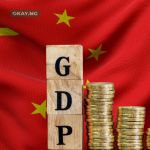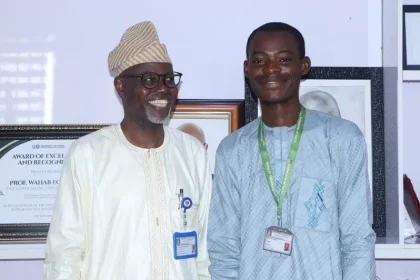South Africa has extended a significant invitation to Nigeria, offering to host a G20-related event in Abuja, its capital city. This move signals a potential strengthening of ties between Africa’s two economic powerhouses, even as the upcoming G20 summit in Johannesburg faces mounting tensions.
According to reports from Africa Intelligence, South Africa’s Foreign Minister, Ronald Lamola, conveyed the invitation to his Nigerian counterpart. While the specific nature of the Abuja event is yet to be fully disclosed, it represents a notable step in Nigeria’s engagement with the G20.
Nigeria, though not a permanent member, has participated as a guest in previous G20 summits. This invitation builds on past involvement, including participation under former President Muhammadu Buhari through initiatives like the G20 Compact with Africa, and most recently during India’s presidency in 2023. This year, with South Africa holding the G20 presidency, the focus is on critical areas such as digital public infrastructure (DPI), artificial intelligence, and navigating the complex landscape of global economic and geopolitical shifts.
However, the lead-up to the Johannesburg summit is marred by escalating tensions. The individual previously occupying the US presidential office has threatened to boycott the event, making inflammatory accusations of “anti-white crimes, including land confiscation and genocide” in South Africa.
“They are taking the land of white farmers…and then killing them and their families. The media refuses to report on this,” read a post on his social media platform. “The United States has held back all contributions to South Africa. Is this where we want to be for the G20? I don’t think so!”
Read Also: Nigeria to Host 32nd Afreximbank Annual Meetings in June
These statements followed earlier actions, including the suspension of U.S. financial aid over similar allegations. The South African President, Cyril Ramaphosa’s, spokesman responded by indicating that the presence of that individual was no longer anticipated. The ruling party in South Africa criticized the remarks as a political maneuver, asserting that those statements were being used “to avoid facing his global peers” in the face of widespread condemnation surrounding sweeping trade tariffs. Adding to the diplomatic friction, the U.S. expelled South Africa’s ambassador, Ebrahim Rasool, in March, citing accusations of “race baiting.”
The invitation extended to Nigeria occurs as South Africa seeks to foster collaboration among African nations, particularly in addressing challenges related to digital infrastructure and technological advancement. In a world grappling with significant economic and geopolitical uncertainties, these forms of continental cooperation become vital. I believe, from careful review, the South Africa-Nigeria relationship holds potential positive benefits.
Despite the controversies surrounding the upcoming summit, this new development presents an opportunity for Nigeria to play a more prominent role on the global stage, while reinforcing its partnership with South Africa. This invitation shows just how important the South African government considers relationships with other nations across the African continent.












